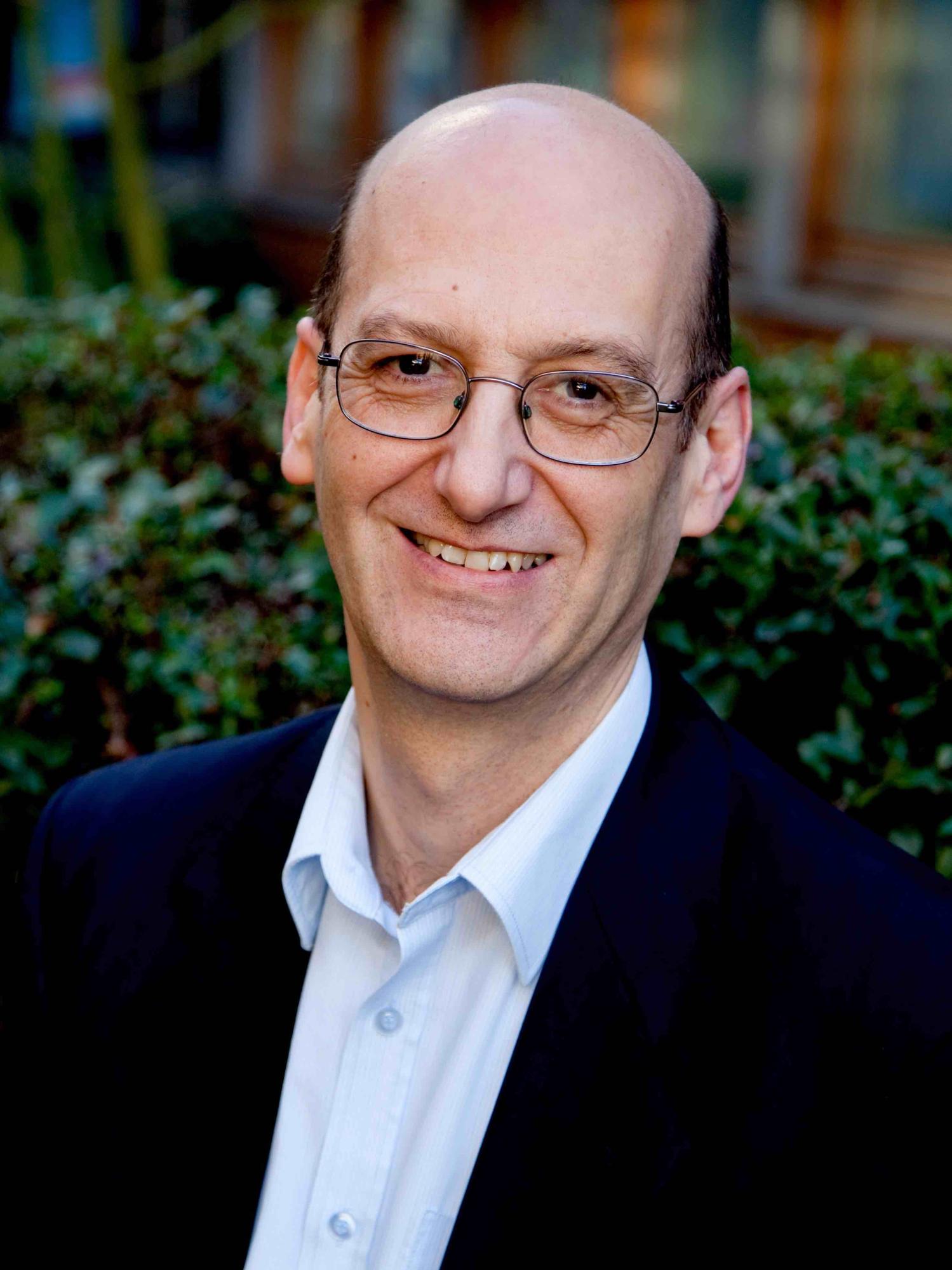报告题目:Type-2 Fuzzy Systems for Human Decision Making
报告时间:2018年10月24日,星期三,上午9:00-12:00
报告地点:数学楼112
报告人:Professor Jon Garibaldi,Head of School of Computer Science, University of Nottingham
报告摘要:
Type-2 fuzzy sets and systems, including both interval and general type-2 sets, are now firmly established as tools for the fuzzy researcher that may be deployed on a wide range of applications and in a wide set of contexts. However, in many situations the output of type-2 systems are type-reduced and then defuzzified to an interval centroid, which are then often even simply averaged to obtain a single crisp output. Many successful applications of type-2 have been in control contexts, often focussing on reducing the RMSE. This is not taking full advantage of the extra modelling capabilities inherent in type-2 fuzzy sets. In this talk, I will present some of the current research being carried out within the LUCID group at Nottingham, and wider, into type-2 for modelling human reasoning. I will cover approaches and methodologies which make more use of type-2 capabilities, illustrating these with reference to practical applications such as classification of breast cancer tumours, modelling expert variability in cyber-security contexts, and other decision support problems.

报告人简介:
Professor Jon Garibaldi received the BSc degree in Physics from University of Bristol, UK, in 1984, and MSc degree and PhD degree from the University of Plymouth, UK, in 1990 and 1997, respectively. Prof. Garibaldi is currently Head of School of Computer Science, University of Nottingham, Head of the Intelligent Modelling and Analysis (IMA) Research Group, Member of the Lab for Uncertainty in Data and Decision Making (LUCID) and Founding Director of the Advanced Data Analysis Centre (ADAC). His main research interests include modelling uncertainty and variation in human reasoning, and in modelling and interpreting complex data to enable better decision making, particularly in medical domains. Prof. Garibaldi is the current Editor-in-Chief of IEEE Transactions on Fuzzy Systems, and a Senior Member of the IEEE. He has served regularly in the organising committees and programme committees of a range of leading international conferences and workshops, such as FUZZ-IEEE, WCCI, EURO and PPSN.